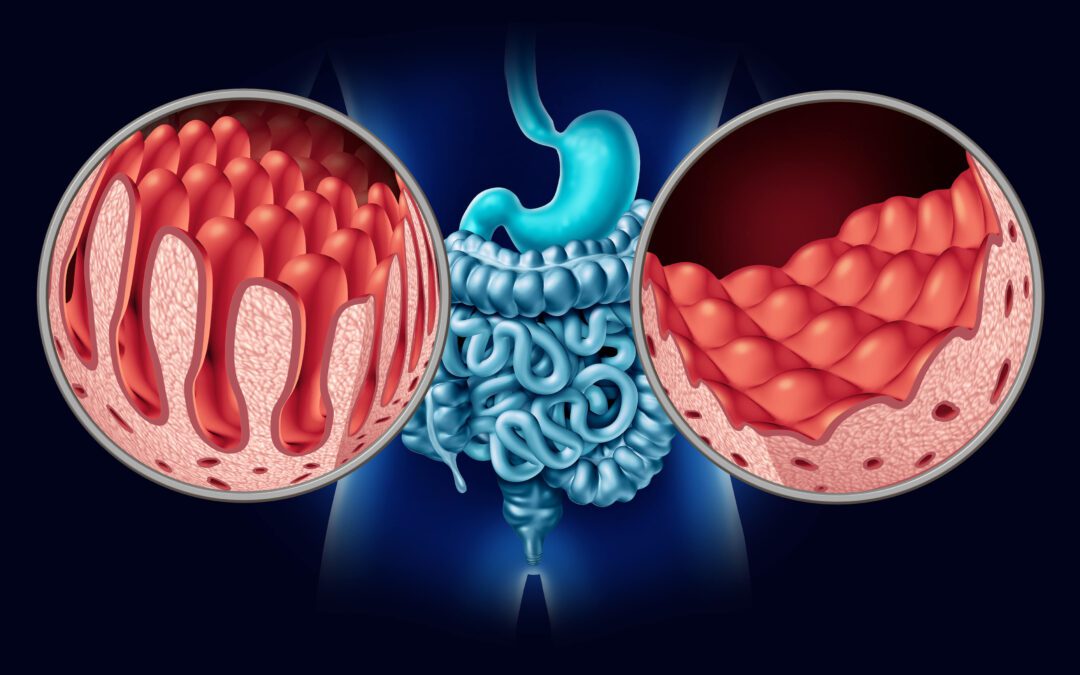Many physical and mental conditions can prevent an individual from working on a regular basis. That is particularly true of a number of digestive disorders. If you suffer from a digestive disorder and plan to file a disability claim, it’s important that you be aware of how insurance carriers address these types of claims. In this article we discuss what’s involved in navigating digestive disorder disability insurance claims.
Table of Contents
- What Are Digestive Disorders and How Do They Impact Daily Life and Work?
- Common Challenges Faced by Individuals Filing Digestive Disorder Disability Claims
- Key Factors That May Affect the Outcome of a Digestive Disorder Disability Claim
- Digestive Disorder Disability Insurance Claims: Understanding Your Rights and Seeking Legal Assistance
What Are Digestive Disorders and How Do They Impact Daily Life and Work?
A digestive disorder refers to any disease that affects the digestive tract, also known as the gastrointestinal tract. The tract involves a number of organs, including the esophagus, stomach, large and small intestines, liver, pancreas, and gallbladder. Some of the more common digestive disorders include:
|
|
If you suffer from one of those or a similar condition, then you know that the associated digestive symptoms can have a noticeable impact on your life and activities of daily living. Those symptoms can be any number of the following: bleeding, bloating, constipation, diarrhea, heartburn, incontinence, nausea, vomiting, belly pain, difficulty swallowing, and weight gain or loss. Moreover, digestive symptoms can significantly hinder your ability to perform the duties of your job, even to the point of requiring disability benefits.
Common Challenges Faced by Individuals Filing Digestive Disorder Disability Claims
You can receive short-term and long-term disability benefits due to a digestive disorder. As with all private disability claims, you will need to demonstrate to your insurer’s satisfaction that you are unable to perform the duties of your (and/or any other) occupation. This can be a tricky given the symptomatic nature of digestive disorders. More specifically, the disabling symptoms of these various disorders cause non-traditional limitations. While more traditional disabilities cause a physical limitations, such as an inability to sit or stand for extended periods, digestive disorders typically limit the amount of time an employee can remain on-task – many of the conditions listed above cause frequent restroom breaks, in turn preventing the employee from performing his or her job duties. Likewise, the employee often needs to be positioned near a bathroom due to the unpredictable need to use the restroom. In similar fashion, treatment for some digestive disorders (most notably cancer) can itself be disabling and cause pain, fatigue, and other symptoms that preclude the ability to work on a consistent basis.
Related Article: Steps to Take if Denied Coverage for Cancer Treatment
Most disability insurers, however, will simply narrow in on the lack of “true” physical limitations in an effort to find to you not disabled. Disability insurers will also cling to a self-perceived belief that there are no objective findings to substantiate your disability due to a digestive disorder.
Key Factors That May Affect the Outcome of a Digestive Disorder Disability Claim
Despite the tricks disability insurers often employ, it is still possible to prove your disability due to a digestive disorder and get the benefits you need.
- First, you will need to submit evidence sufficient evidence of proof of loss to establish that you satisfy your disability policy’s definition of ‘disability.’ That evidence can (and should) include treatment records from your doctors, as well as statements from your doctors detailing exactly why you cannot work due to your condition.
- You should also submit objective testing measures that confirm your diagnosis and/or symptoms, if applicable. Moreover, you should be sure that your disability insurer possesses a job description from your employer. That way, the insurer will know the duties of your job within the context of your disabling symptoms.
- Finally, you should explain in your own words how your condition not only affects your ability to work, but also your ability to engage in your daily activities. We recommend that you log your symptoms and experiences in a symptoms diary. As a rule of thumb, the more detailed information regarding your condition you provide to your insurer, the better.
Digestive Disorder Disability Insurance Claims: Understanding Your Rights and Seeking Legal Assistance
If your digestive disorder prevents you from working in any way, it is imperative that you reach out to an experienced disability attorney who can make sure that you receive the disability benefits to which you are entitled. Our experienced attorneys at DeBofsky Law can do just that.







